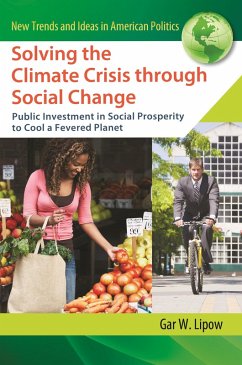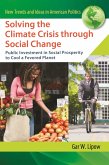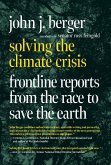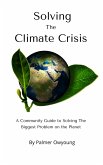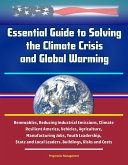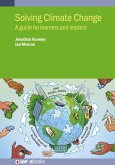This book presents an accessible and easy-to-follow argument that the climate crisis is a side effect of inequality and injustice, and demonstrates how strategies such as large-scale social investment will prove far more effective in reducing greenhouse gas pollution than cap-and-trade or other forms of free-market environmentalism. Solving the Climate Crisis through Social Change: Public Investment in Social Prosperity to Cool a Fevered Planet offers a new approach to battling the climate crisis, arguing that the massive waste that caused the current environmental crisis resulted not only from fundamental structural flaws in markets but also from social inequality, lack of democracy, and a deeply flawed foreign policy. Rather than providing the typical doomsday perspective, it offers realistic optimism about the expanding climate crisis, highlighting the convergence between the necessary steps to save the planet and what needs to be done to improve the lives of Americans. The author's discussion of the United States's role in the climate crisis spans subjects as varied as the 17th-century forests of New England, the evolution of housework over 200 years, the American addiction to the automobile, the lettuce fields of California in the 1970s, and the Guano wars in 19th-century Bolivia, Chile, and Peru. This book will appeal to a wide range of readers, from the interested general public to students, academics, professionals, and other experts. The main section presents a clear and accessible survey of the economic, social, and political causes of the climate crisis, accompanied by potential solutions, while extensive appendixes offer in-depth and technical discussions.
Bitte wählen Sie Ihr Anliegen aus.
Rechnungen
Retourenschein anfordern
Bestellstatus
Storno

